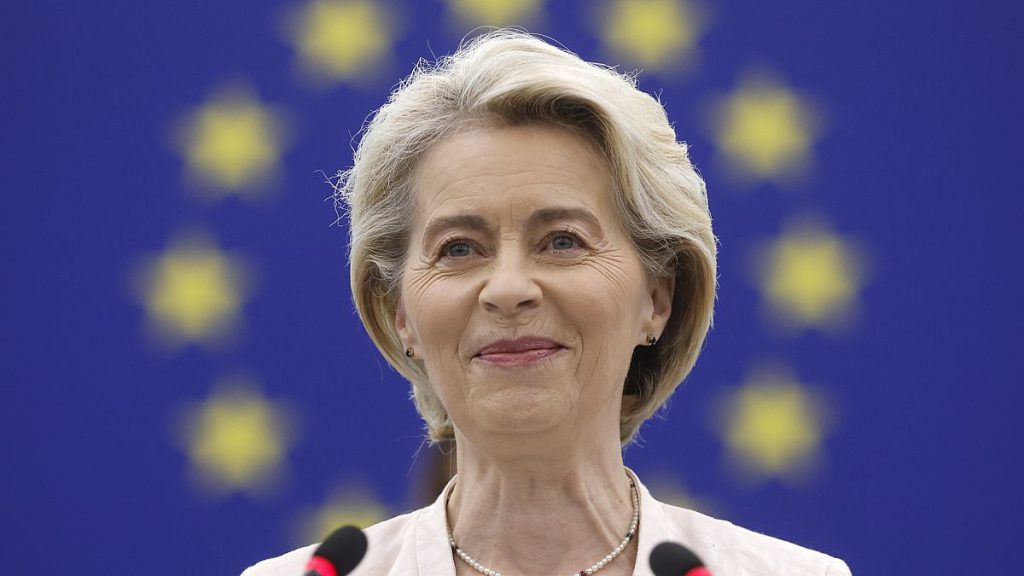European governments must announce their nominees for the European Commission by August 30, with Ursula von der Leyen facing challenging negotiations to form her new College of Commissioners. Economic portfolios, particularly the budget, are highly coveted by EU member states such as Italy, the Netherlands, Finland, Czechia, and Romania. The Multiannual Financial Framework, to be negotiated in the next term, will be a determining factor in the priorities of the years to come. Countries like France and Italy are vying for strong portfolios, with areas such as Competition, Trade, cohesion, and agriculture funds being of significant interest due to their impact on the EU budget. Additionally, a new portfolio dedicated to defense is seen as crucial due to ongoing conflicts like the war in Ukraine.
In the process of creating the new College of Commissioners, Ursula von der Leyen must also consider political party affiliations in the European Parliament to designate executive vice-presidents. Her reappointment being from the center-right EPP, Emmanouilidis predicts that a Socialist, Liberal, and potentially a Green candidate may be among the top positions in the Commission. Italy, the EU’s third-largest economy, has not yet officially indicated its candidate, with speculation about which portfolio it will receive being a hot topic in Brussels. Gender balance is another important factor in the negotiations, as von der Leyen is expected to push for gender parity in the new college, despite fewer than 10 women being nominated by governments so far.
The gender balance issue is seen as a significant aspect of the negotiations, with countries having to consider backroom deals in terms of offering strong candidates for key portfolios. Parity in the Commission is a priority for von der Leyen, who achieved gender balance in her first college. However, the current lack of female nominees poses a challenge in achieving this goal. Countries like Portugal have nominated female candidates, while others like Denmark have announced male candidates. The issue of gender is not only a reflection of the current times but also a sign of the internal procedures within countries that may impact the selection process.
Once all the names have been received, von der Leyen will conduct individual interviews and present the final selection to the European Parliament, which will hold hearings with the 26 candidates. If any candidates are rejected, new names must be presented until the entire team is approved in a plenary session. The process of finalizing the College of Commissioners involves complex negotiations involving gender, political, and geographical issues, as well as considering the goals and priorities of the European Union. The upcoming term will see critical decisions being made in areas such as the Multiannual Financial Framework, defense, and migration management, making the composition of the new College of Commissioners of utmost importance for the future of the EU.













